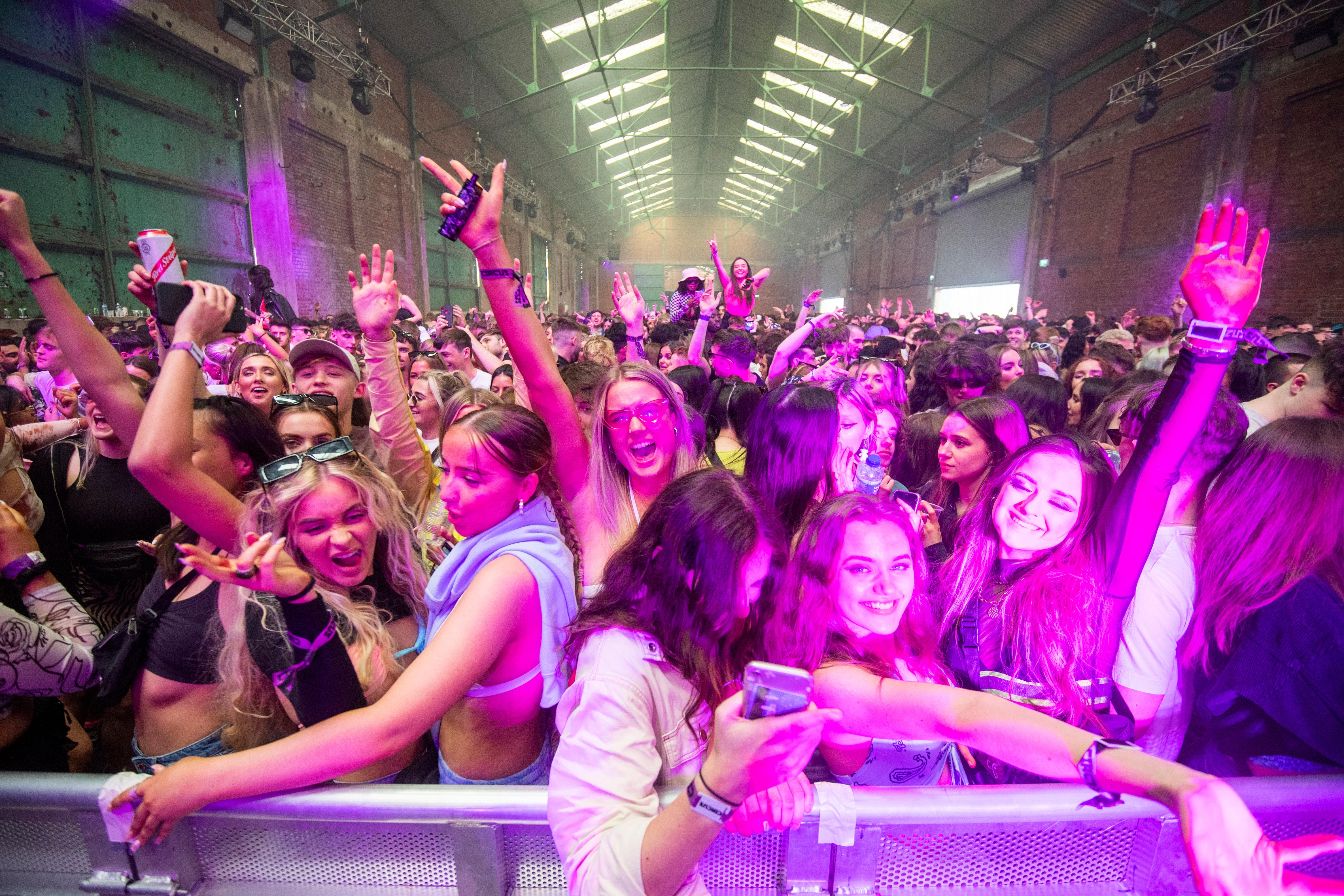When will clubs reopen? What Boris Johnson’s Covid announcement means for nightlife
Government to announce delay in lifting all lockdown restrictions

Boris Johnson is set to announce a delay to the final lifting of coronavirus lockdown restrictions, which means nightclubs will stay closed for several more weeks.
The prime minister is expected to announce that the last step in England’s roadmap, which had been initially earmarked for 21 June, will be delayed for four weeks to 19 July.
The Night Time Industries Association (NTIA) warned that the delay will “decimate” the night time economy, with one in four businesses expected to close within weeks without further government support.
Here is everything we know about when nightclubs may reopen and what the delay will mean for the industry:
When might nightclubs reopen?
Nightclubs have remained closed since March last year, and more than half of UK nightlife businesses have already spent more than £15,000 preparing to reopen their venues on 21 June, said the NTIA.
But a surge in Covid-19 infections believed to be fuelled by the Delta variant of the virus has caused concern among scientists and ministers in recent weeks. It could mean nightclubs will have to stay closed until at least 19 July.
Last week, the NTIA was understood to have been weighing up legal action on behalf of night time venues to prevent a delay from affecting the sector further.
The association’s chief executive Michael Kill said on Monday: “Night time economy businesses have waited patiently for their opportunity to open for over 15 months, many have not survived, some are on a financial cliff edge, hundreds of thousands of jobs have been lost, a huge pool of talent has been swept away and others have been left to suffer extreme financial hardship.
“Many of these businesses and individuals have adapted, overcome and survived for an exceptional length of time with the bare bones of support, and have arrived at this opportunity to find that it could be ripped away from them.
“Any delay will drive confidence in the sector to a new low, culminating in workforce leaving the sector, and customers who are starved of social engagement, attending illegal unregulated events in place of businesses that are well operated, licensed and regulated.”
Will nightclubs survive?
According to the NTIA, a large number of businesses are facing closure due to the delay.
Kill said the delays will make also these businesses “heavily reliant” on the government to extend financial support to help with debts.
“The government must understand the human impact of this decision, not only considering the public health challenges of the virus but also the people within our sector who are suffering terribly and the real health risks that this represents, given the overwhelming confidence in the vaccination rollout, and the ability for the sector to deliver Covid safe environments,” said Kill.
A flash poll carried out by the NTIA also found that one in five businesses estimate they will lose more than £40,000 per week in revenue due to the delay, and more than a third (33 per cent) estimate they will lose over 30 per cent of their workforce.
Are nightclubs safe?
In April and May, the government carried out pilot events in Liverpool nightclubs as part of a series of events to determine how large-scale events could resume safely in the UK. This involved thousands of clubbers who had tested negative for Covid-19 before partying in the name of research.
Analysis of the trial events, which included two nightclub events, a music festival and a business conference, found that they did not cause any detectable spread of the virus.
Professor Iain Buchan, of the University of Liverpool, assessed the pilots and said that scientists had identified room for improvements, including maximising ventilation in large indoor spaces, incentives to return PCR tests for research purposes and issuing tickets only after an assured negative test was produced in the day running up to the event.
He told the BBC that “timely data and quick action to trace and test contacts of people testing positive, both before and after events, was key to containing potential outbreaks”.
Join our commenting forum
Join thought-provoking conversations, follow other Independent readers and see their replies
Comments
Bookmark popover
Removed from bookmarks